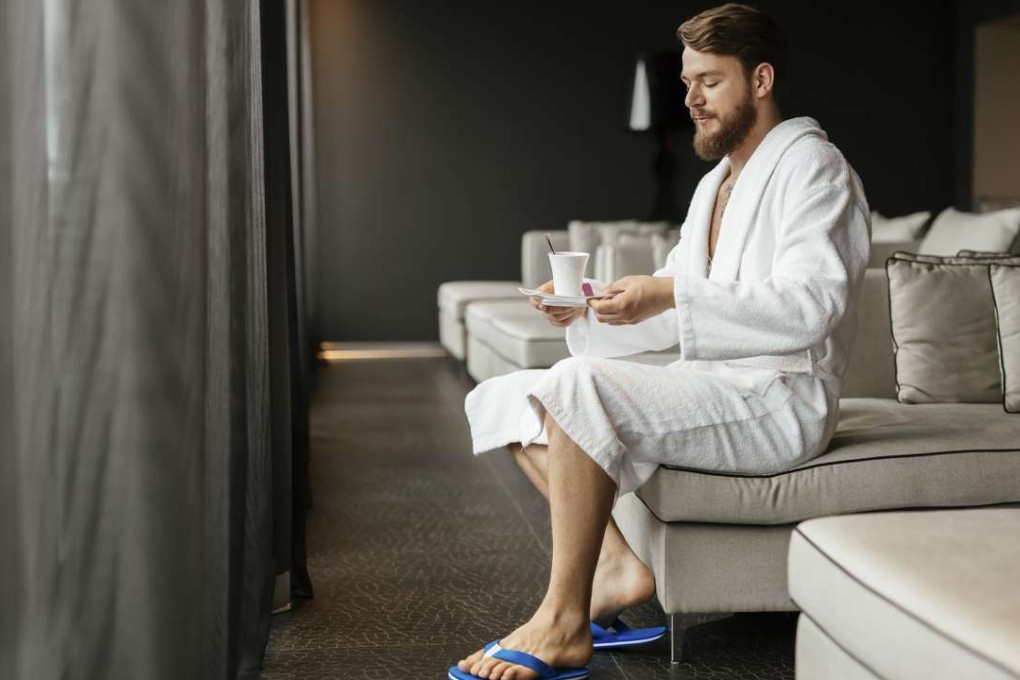Herbal relaxation drinks: we sort truth from hype about trendy brews marketed to stressed-out Hongkongers
Producers push the ‘all natural’ calming qualities of a range of herbal drinks, but experts say there is little science to back up the claims about their therapeutic effects

Stressed out students and young professionals in Hong Kong are increasingly turning to herbal relaxation drinks that are said to help soothe body and mind but without a narcotic effect.
Drinks such as Tranquini Positively Relaxed, Slow Cow and Xoco Blue are part of a relatively new but fast-growing segment of the beverage market in Hong Kong, positioned as a healthy alternative to soft drinks and an antidote to our always-on, caffeine-fuelled lifestyles.
The drinks usually contain a combination of supplements, amino acids, melatonin and herbs and botanicals such as camomile, lavender, lemon balm extracts and natural theanine from green tea, valerian root, Gaba (gamma-aminobutyric acid, a neural inhibitor) and passiflora.
Julia Trofimova, chief innovations and corporate affairs officer at global lifestyle brand Tranquini, says the growing relaxation drinks sector is expected to exceed €1 billion (HK$8.23 billion) by 2020.
But how effective are these drinks?